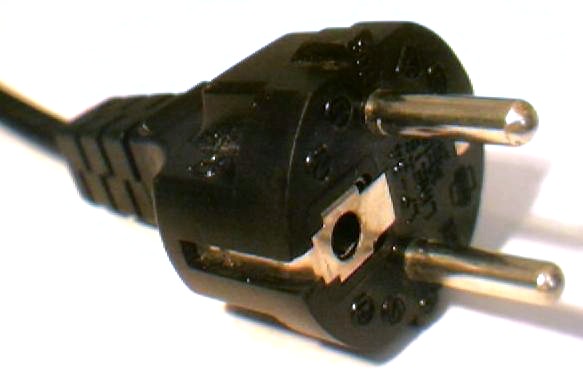Krzysztof
5 Dec 2008
Language / PROPER INFLECTION OF RZECZPOSPOLITA [13]
Fortunatelly there are very few nouns (composed of noun + adjective) that behave like that. Rzeczpospolita, Białystok, Krasnystaw (a town of 20,000 inhabitants in the Lubelskie voivodship, between Chełm and Zamość) are the main examples.
Btw, do you do you know how to create an adjective of those city names? It's białostocki and krasnostawski (so still according the rule for composed adjectives, like biały + czerwony = białoczerwony).
Some other examples from the dictionary:
so.pwn.pl/zasady.php?id=629457 Słownik ortograficzny PWN online
When the first part is NOT inflected (the biggest group):
swawola, swawoli, swawolę; (originally from swa wola = own will)
mysikrólik, mysikrólika, mysikrólikiem;
lwipyszczek, lwipyszczka, lwipyszczkiem;
żabiściek, żabiścieku, żabiściekiem;
maminsynek, maminsynka, maminsynkiem;
When the first part IS inflected:
woleoczko, wolegooczka, wolimoczkiem;
dwudziestkapiątka, dwudziestkipiątki, dwudziestąpiątką;
When the first part CAN be inflected OR NOT:
Wielkanoc, Wielkanocy, Wielkanocą,
rzeczpospolita, rzeczpospolitej, rzeczpospolitą
or:
Wielkanoc, Wielkiejnocy, Wielkąnocą;
rzeczpospolita, rzeczypospolitej, rzecząpospolitą.
Also the separated spelling is allowed:
Wielka Noc, np. w czasie świąt Wielkiej Nocy.
"w Białymstoku"
Fortunatelly there are very few nouns (composed of noun + adjective) that behave like that. Rzeczpospolita, Białystok, Krasnystaw (a town of 20,000 inhabitants in the Lubelskie voivodship, between Chełm and Zamość) are the main examples.
Btw, do you do you know how to create an adjective of those city names? It's białostocki and krasnostawski (so still according the rule for composed adjectives, like biały + czerwony = białoczerwony).
Some other examples from the dictionary:
so.pwn.pl/zasady.php?id=629457 Słownik ortograficzny PWN online
When the first part is NOT inflected (the biggest group):
swawola, swawoli, swawolę; (originally from swa wola = own will)
mysikrólik, mysikrólika, mysikrólikiem;
lwipyszczek, lwipyszczka, lwipyszczkiem;
żabiściek, żabiścieku, żabiściekiem;
maminsynek, maminsynka, maminsynkiem;
When the first part IS inflected:
woleoczko, wolegooczka, wolimoczkiem;
dwudziestkapiątka, dwudziestkipiątki, dwudziestąpiątką;
When the first part CAN be inflected OR NOT:
Wielkanoc, Wielkanocy, Wielkanocą,
rzeczpospolita, rzeczpospolitej, rzeczpospolitą
or:
Wielkanoc, Wielkiejnocy, Wielkąnocą;
rzeczpospolita, rzeczypospolitej, rzecząpospolitą.
Also the separated spelling is allowed:
Wielka Noc, np. w czasie świąt Wielkiej Nocy.
 PolishForums LIVE / Archives [3]
PolishForums LIVE / Archives [3]


